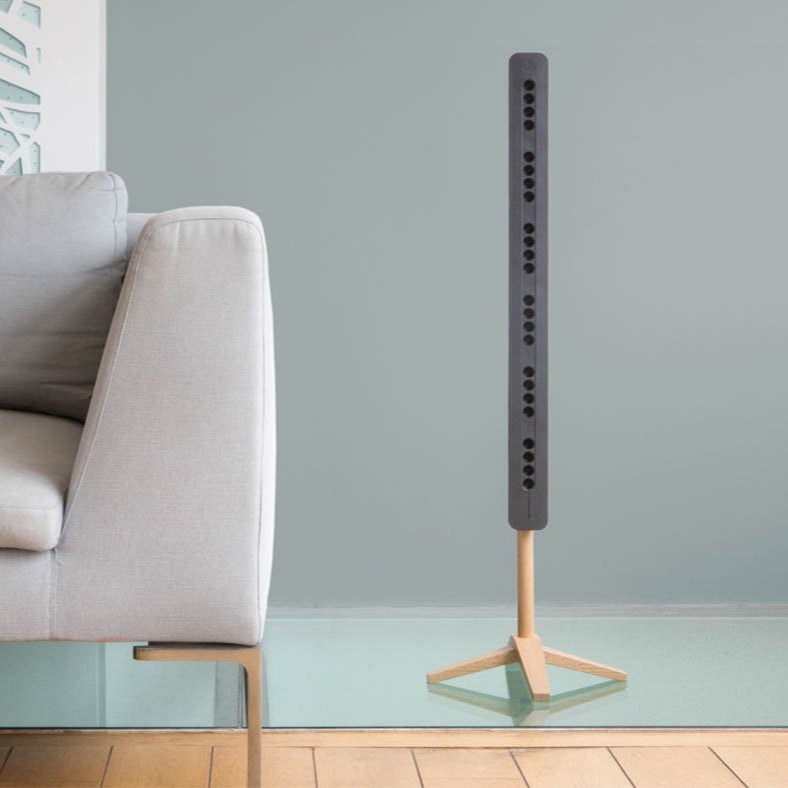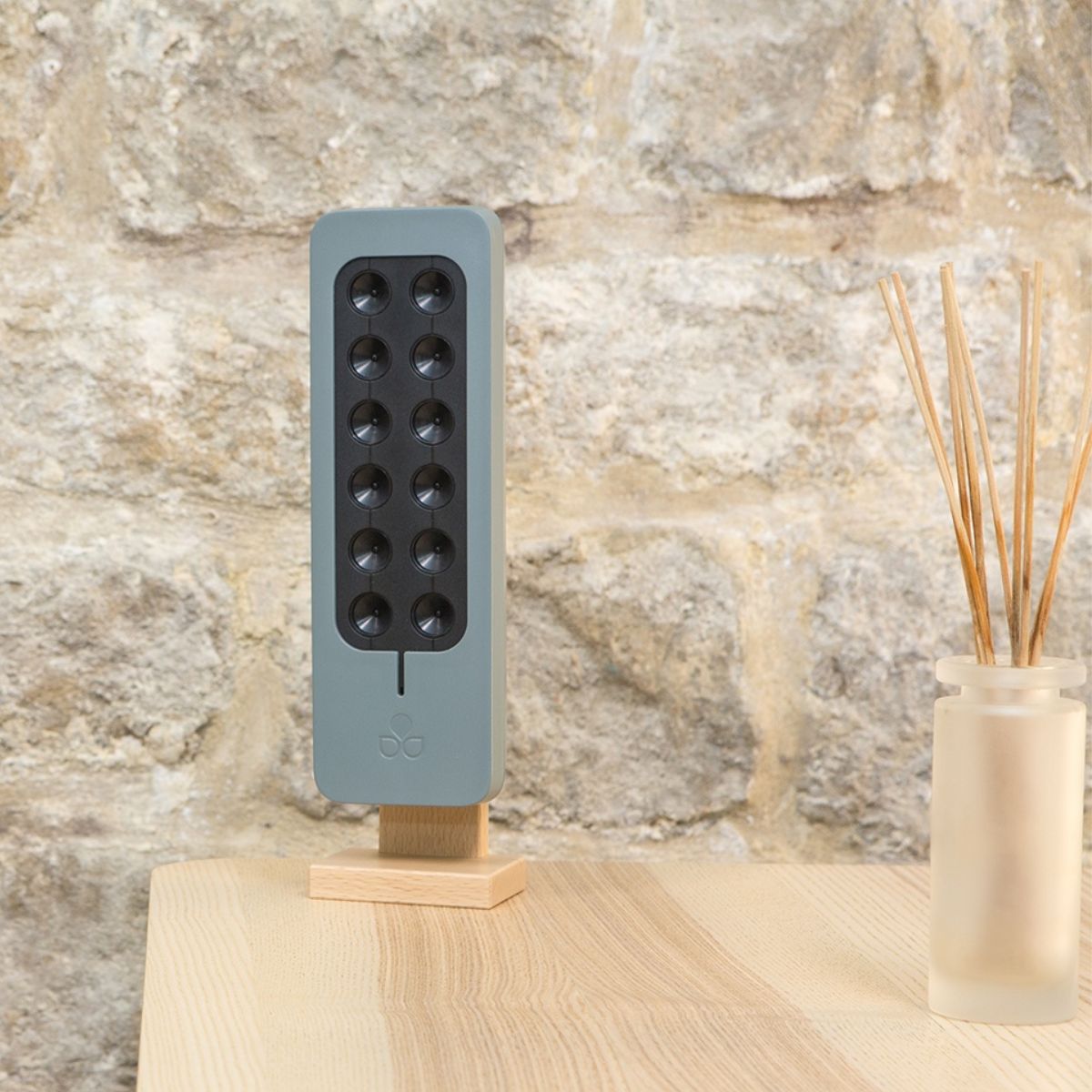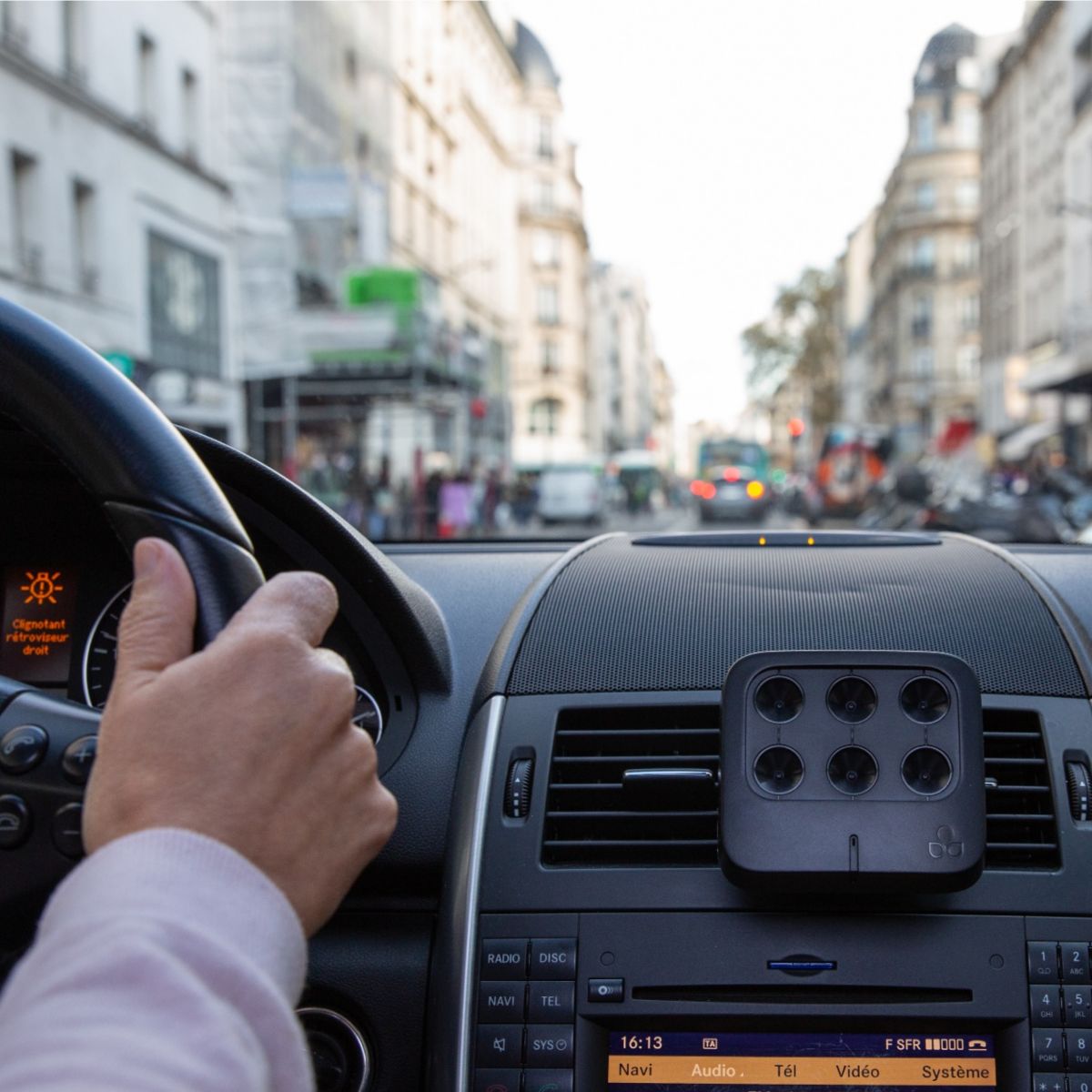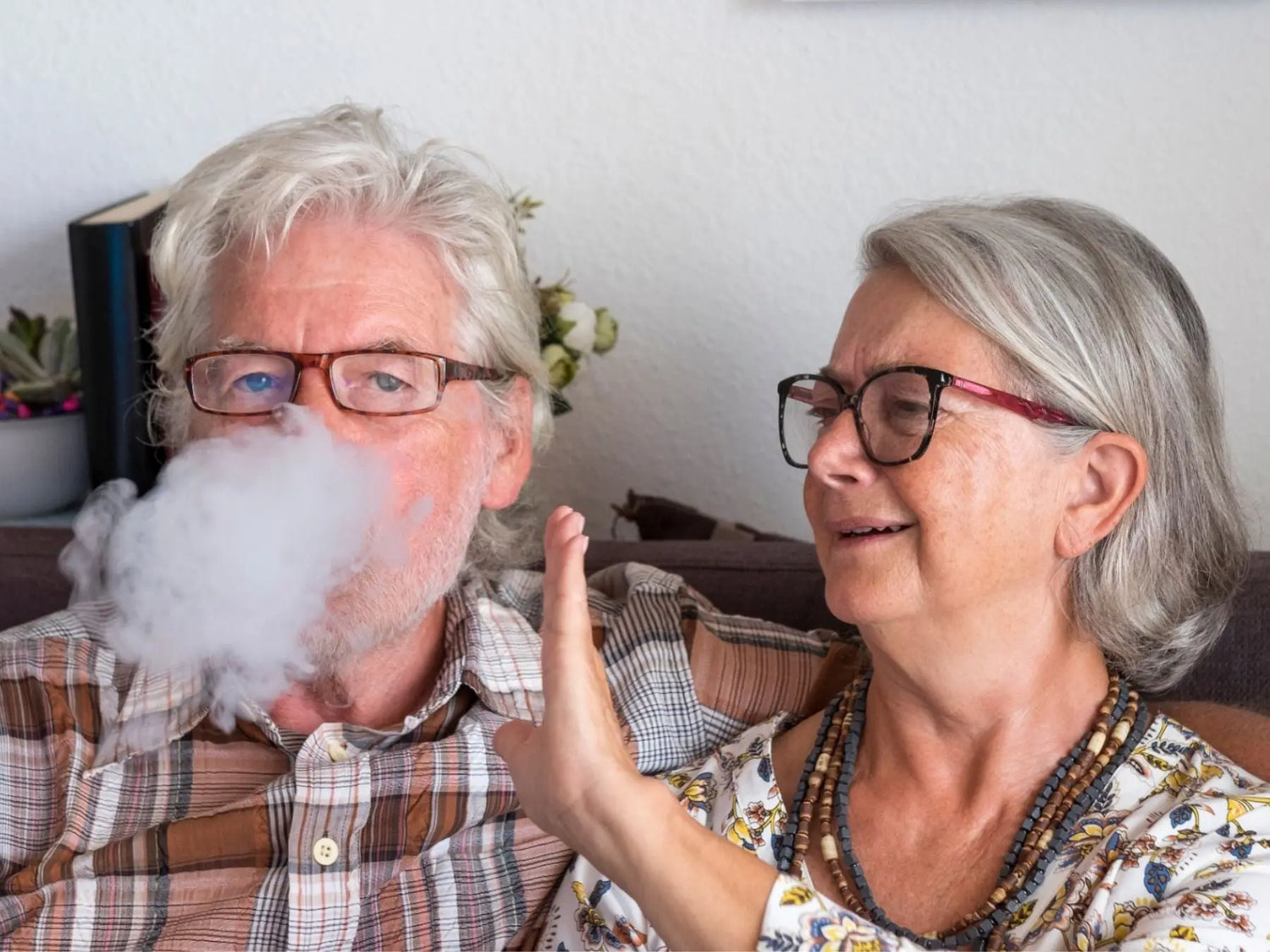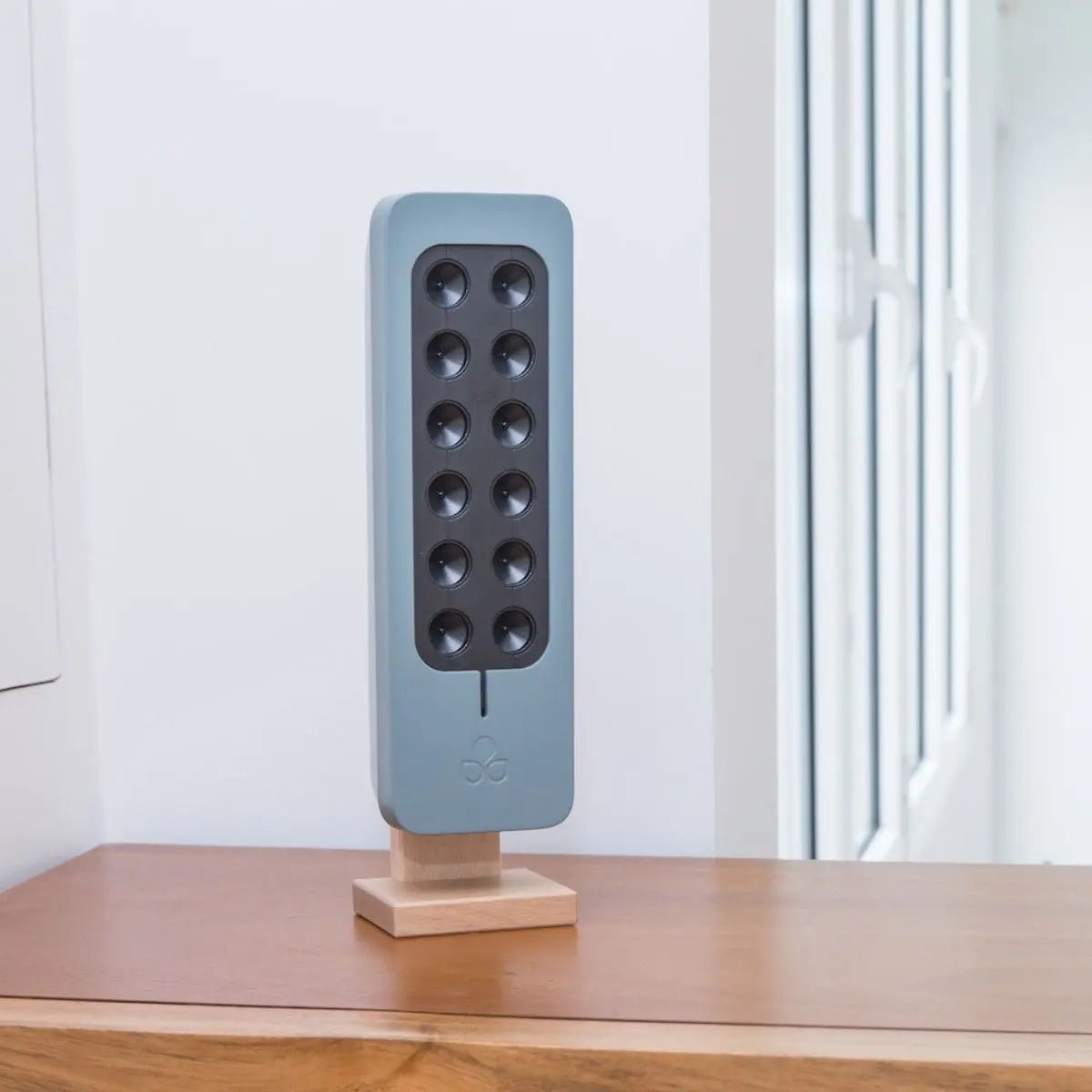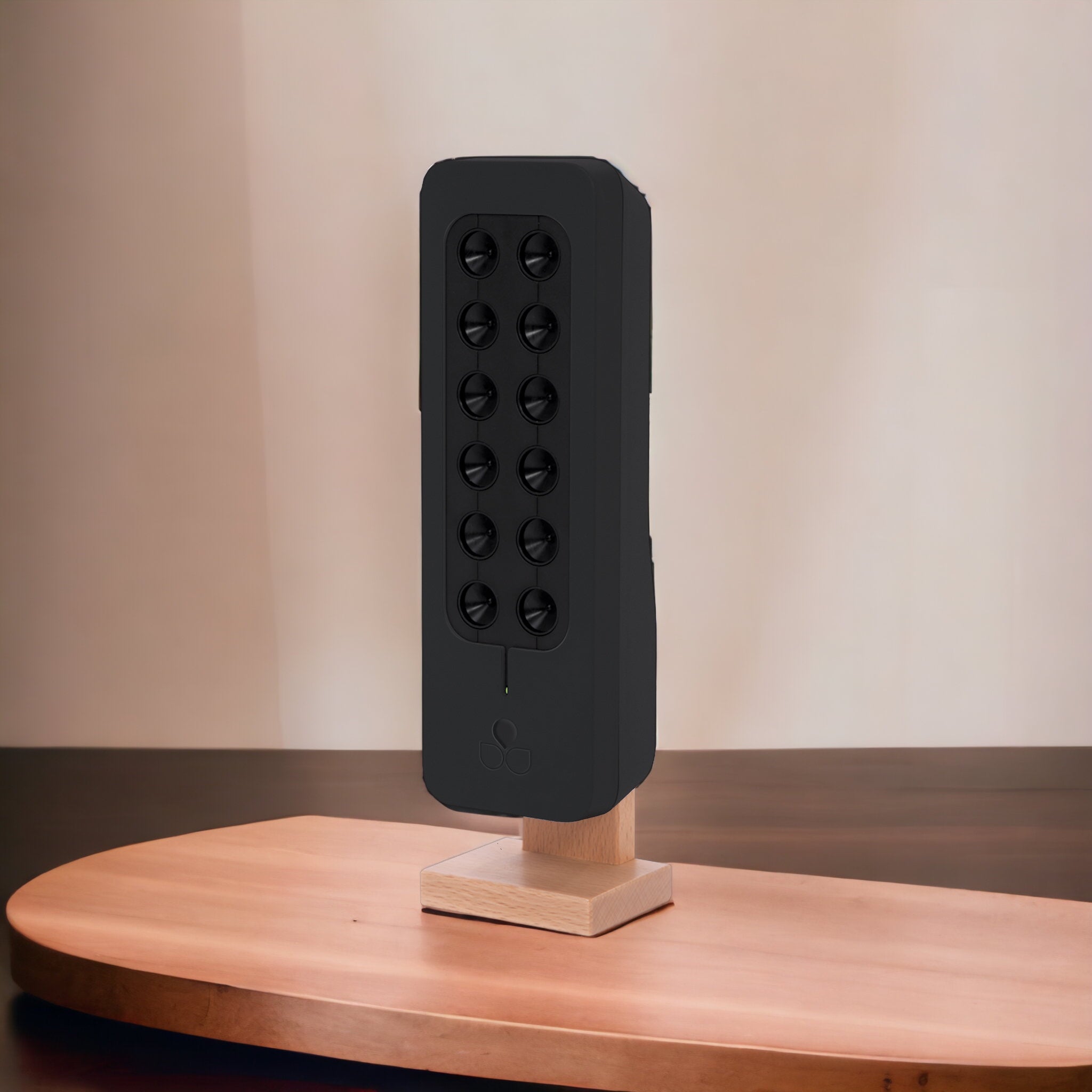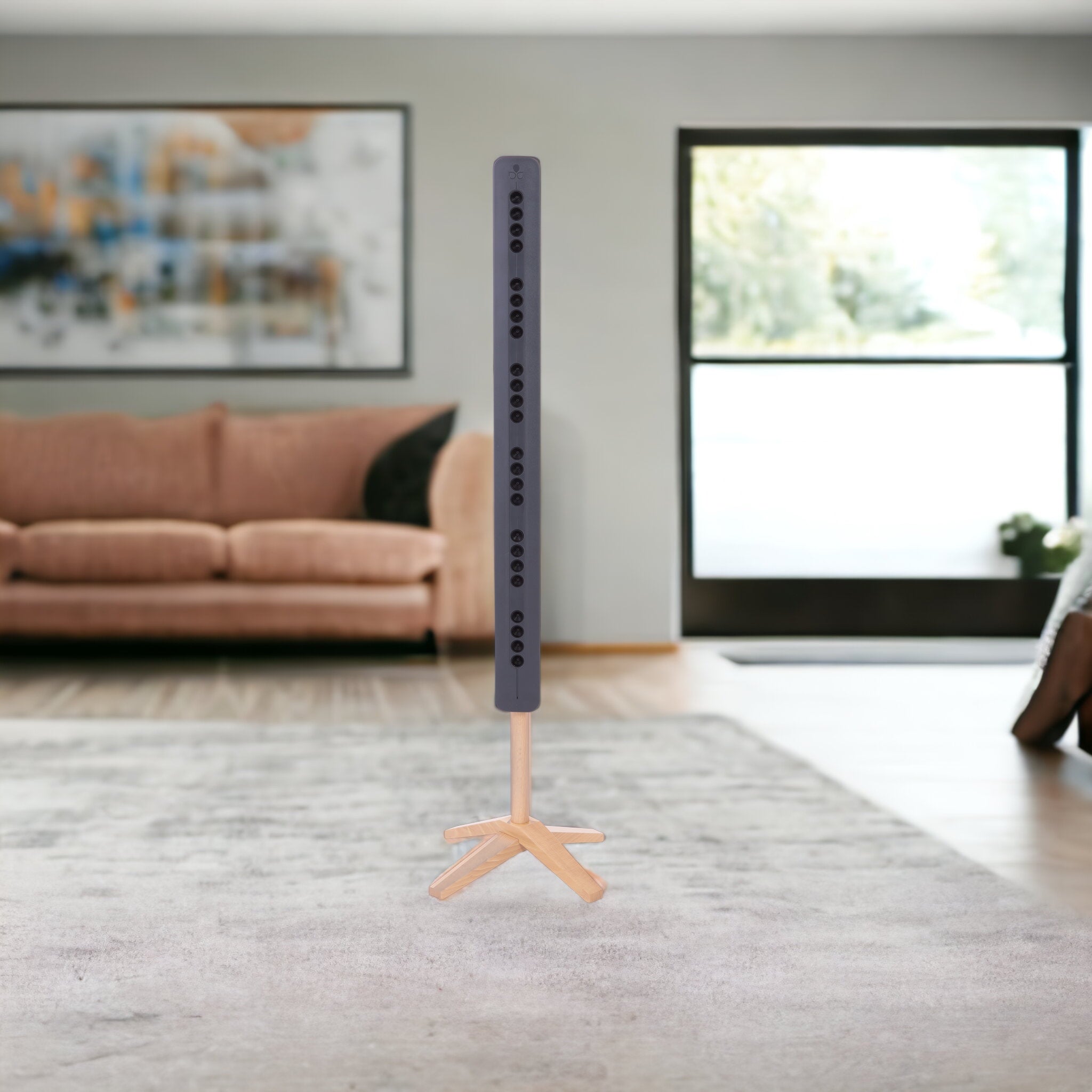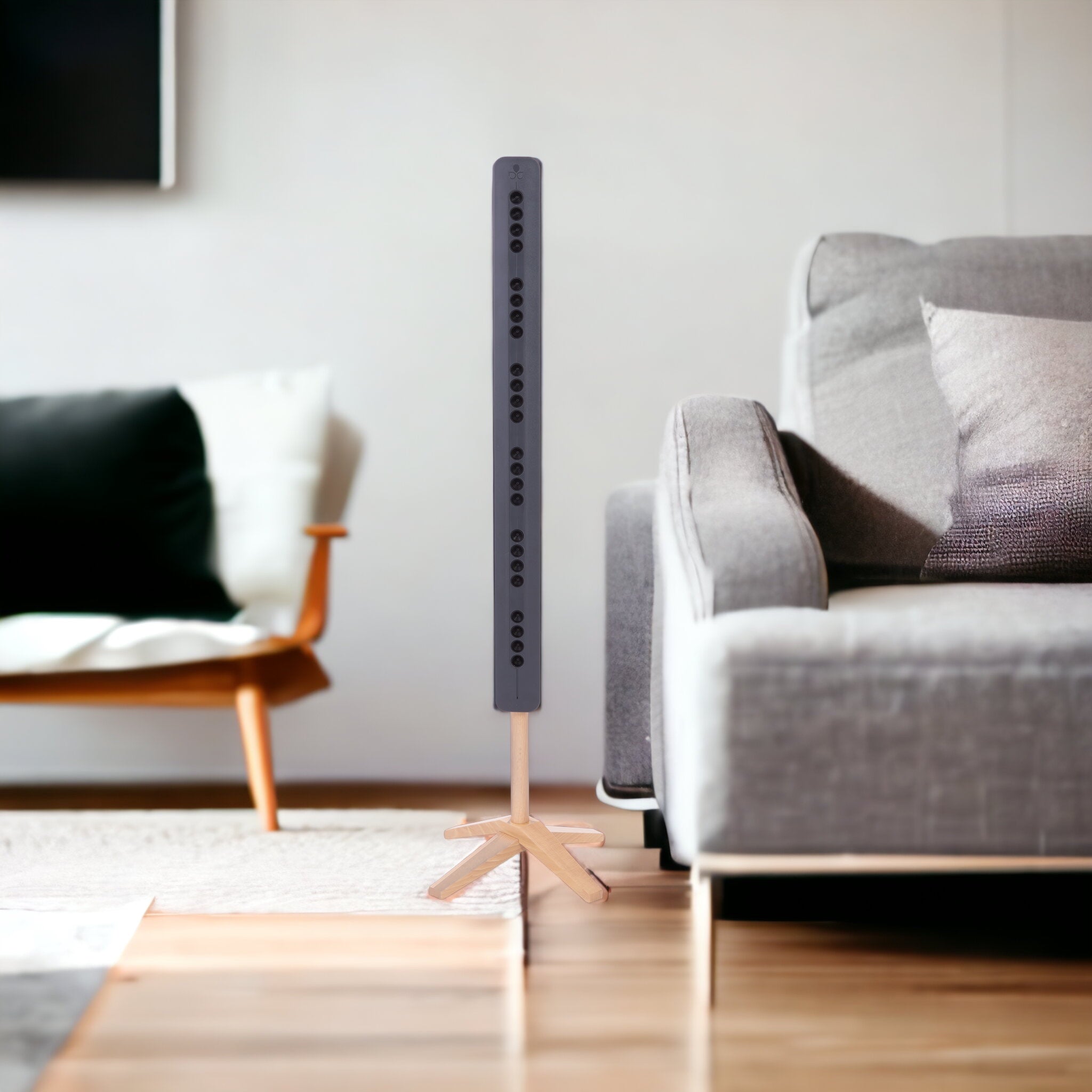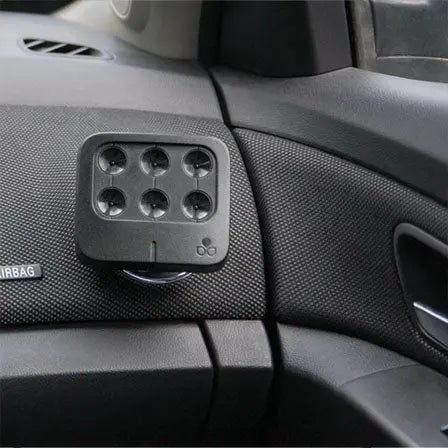What is Secondhand Smoke?
Secondhand smoke refers to the smoke that is emitted from a cigarette and exhaled by a smoker. Unlike the smoke directly inhaled by a smoker, secondhand smoke isn't filtered and carries a higher concentration of toxic chemicals.
Secondhand smoke contains over 4000 chemical compounds, with 250 known to cause diseases. It has three times more nicotine, three to five times more carbon monoxide, six to eight times more formaldehyde, and about 40 times more ammonia than primary smoke.
The particles in secondhand smoke are smaller than those in the smoke exhaled by a smoker, meaning they can embed themselves and travel deeper into your lungs.
The Health Risks of Secondhand Smoke
Cardiovascular Diseases and Cancers
According to the American Heart Association, non-smokers exposed to secondhand smoke have a 25 to 30% increased risk of heart disease. Exposure to smoke can exacerbate pre-existing hypertension.
Inhaling tobacco smoke causes an increase in heart rate as blood vessels constrict, creating significant stress on the heart and cardiovascular system. Smoking also thickens the blood, damages blood vessels, and raises cholesterol levels.
Moreover, secondhand smoke can significantly increase the risk of stroke. Exposure to secondhand smoke also increases the risk of developing lung, bladder, pancreatic, and even skin cancer.
Asthma and Respiratory Infections
While secondhand smoke doesn't directly cause asthma, it can significantly worsen symptoms. Children are particularly vulnerable as their lungs are still developing until they reach the age of eight.
Exposure to tobacco smoke negatively affects the immune system and irritates the respiratory tract. Those regularly exposed to secondhand smoke are more likely to develop bronchitis, ear infections, pneumonia, and other upper respiratory infections.
Pregnant Women and Infants
Exposure to the chemicals in tobacco smoke can have serious consequences for pregnant women and infants, including miscarriage, low birth weight, premature birth, learning or behavioral deficiencies in your child, and sudden infant death syndrome (SIDS).
Even Pets Are at Risk!
Secondhand smoke isn't just dangerous for humans; it's also harmful to pets. Dogs exposed to this smoke have more eye infections, allergies, and respiratory problems, including lung cancer. A study by Colorado State University showed that the incidence of nose cancer was also increased in dogs living in smoking environments.
How to Limit the Harmful Effects of Secondhand Smoke
To the extent possible, try not to smoke indoors, whether in your home or car. The World Health Organization (WHO) states that smoking in cars exposes occupants to fine particle pollution three times higher than the standard set for indoor air quality.
If you must smoke, do so outside and use a special coat or jacket so your clothes don't carry the toxins. And while smoking near an open window or under a kitchen hood is better than smoking in a closed room, it's still not enough to eliminate the risks.
Using an Air Purifier Against Cigarette Smoke
Investing in an air purifier could be a suitable choice for smokers. The purifier will continuously filter polluted air, removing pollutants that could settle in family members' lungs.
TEQOYA carried out laboratory tests on cigarette smoke. They found that cigarette smoke and its odors are eliminated much more rapidly and effectively when an air purifier is used in the room.
But remember, having an air purifier doesn't mean it's safe to smoke in that room. The best solution is still to smoke outside!
Conclusion
Secondhand smoke poses a significant health risk to everyone, including pets. While the best way to protect yourself and others is to quit smoking or smoke outside, an air purifier can help reduce the harmful effects of secondhand smoke indoors.
Remember, investing in a purifier is not a license to smoke indoors. It's a tool to help improve air quality and reduce the risks associated with secondhand smoke. So, light up responsibly and consider the health of those around you.

